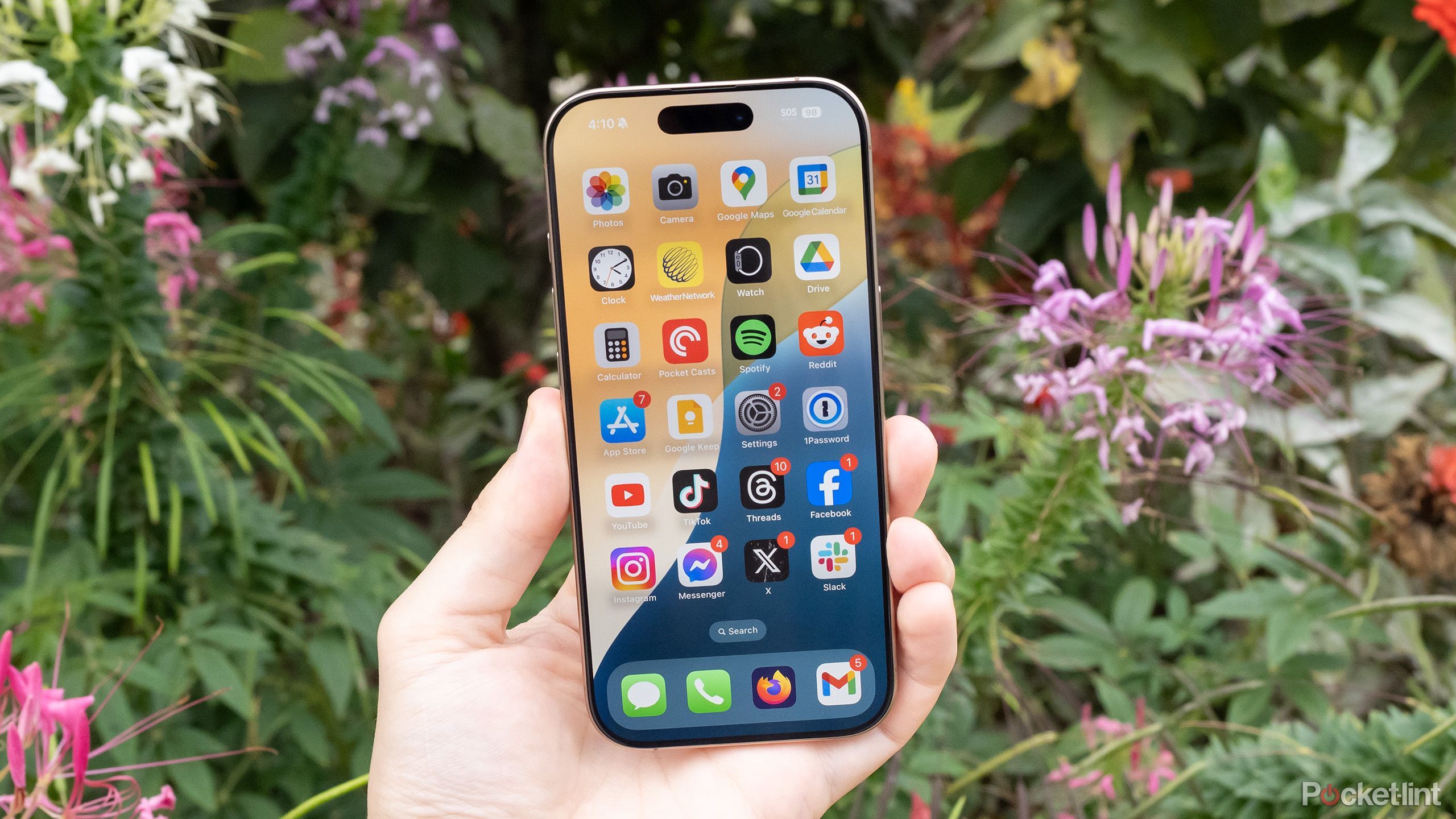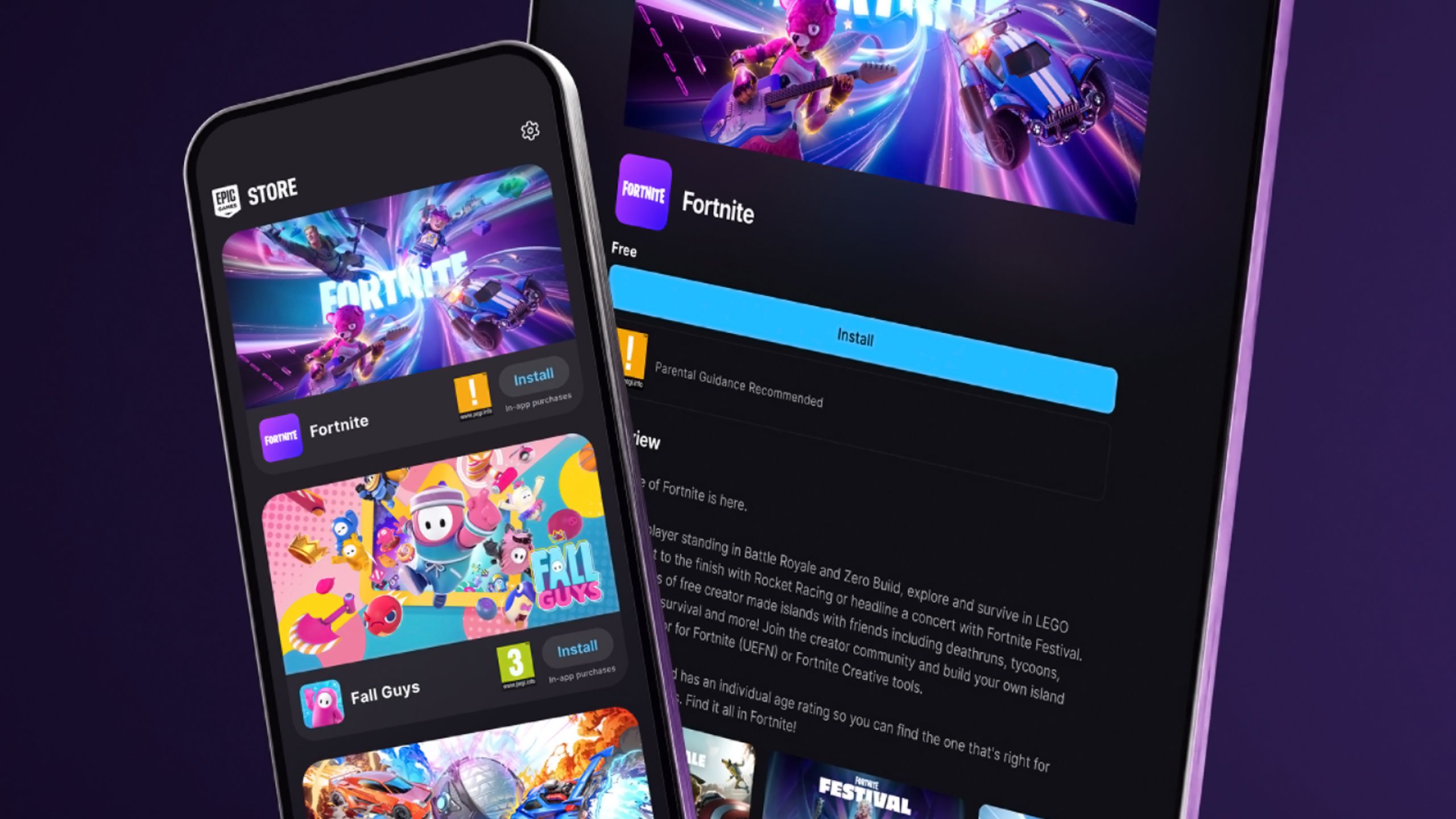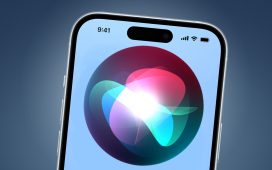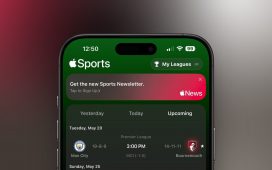Summary
- Apple and Google are fiercely resisting antitrust lawsuits to maintain their US app store monopolies, and might take things all the way to the Supreme Court.
- Rep. Kat Cammack’s App Store Freedom Act aims to codify third-party app stores into law.
- The bill faces a number of challenges, but even if it fails, the November 2026 mid-term elections could mark a watershed if they go in favor of Democrats.
I tend not to get my hopes up too high about positive political legislation in the US. I’m not a pessimist, exactly, but even in the best of times, the odds seem to be against idealistic bills — if they’re not defeated in the House of Representatives, they’re often defeated in the Senate, and even passing both chambers runs the risk of a Presidential veto. Many bills don’t get to the House floor in the first place.
Something that caught my eye recently was a bill introduced by Republican Kat Cammack of Florida, dubbed the App Store Freedom Act. I’m still not counting on it going anywhere, but it did make me realize that it may well take some sort of legislative miracle to make
third-party app stores
the norm for US
iPhone
and
Android
users. The odds seem to be stacked against the alternative pathways, at least on the surface.
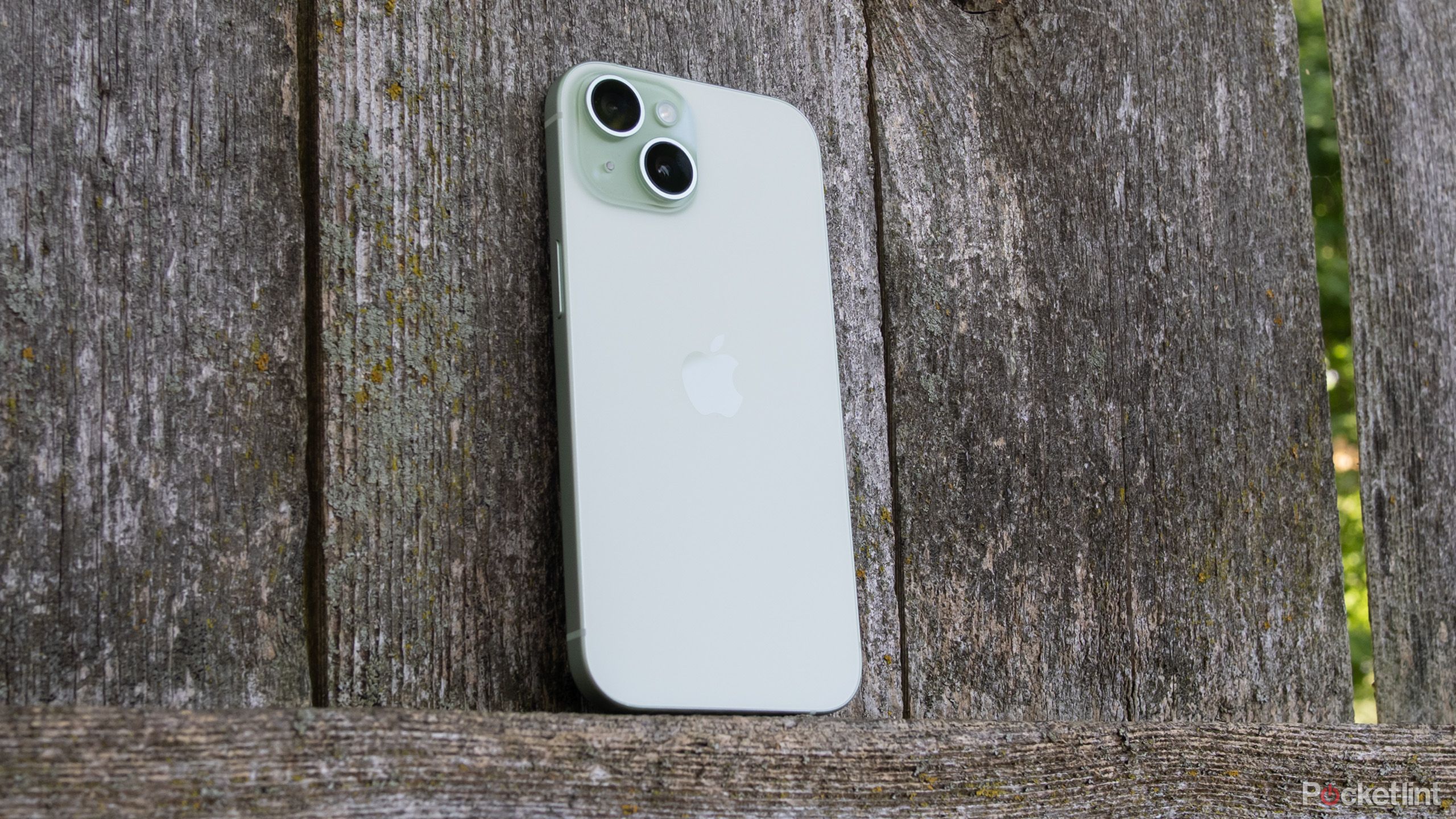
Related
Is the iPhone 15 still worth buying in 2025? The answer is complicated
Possibly, but you shouldn’t get one straight from Apple.
It’s just lawsuits all the way down
Fierce resistance with strong motives
Both Apple and Google continue to fight US antitrust lawsuits tooth-and-nail. Most recently, US District Judge Yvonne Gonzalez Rogers took Apple to town, accusing it of blatantly violating an injunction against anti-competitive behaviors, such as suppressing alternative payment options. Reuters notes, in fact, that the judge referred Apple and one of its executives — finance VP Alex Roman — for a criminal contempt investigation. That’s rare in the US court system in general, much less when dealing with a trillion-dollar megacorporation. Apple says it plans to comply with the injunction, but file an appeal.
Likewise, Google is appealing a ruling requiring it to open up Android to third-party app stores. Based on their track records in this and other legal matters, it seems inevitable to me that both Apple and Google will keep appealing any restrictions on their platforms as much as they can, postponing any permanent changes for as long as humanly possible. There’s a distinct chance that one of these cases will reach the US Supreme Court — so it could be a very long time before you’re installing the Epic Games Store on an iPhone in Paris, Texas instead of Paris, France, where Apple and Google have
It seems inevitable to me that both Apple and Google will keep appealing any restrictions on their platforms as much as they can, postponing any permanent changes for as long as possible.
Why would the two businesses continue fighting so hard in legal battles that don’t seem to be going their way? You know the answer — billions of dollars. Even after expenses, including splitting money with developers, Apple is estimated to have made $10.1 billion in US App Store profits during 2024, according to Appfigures data cited by TechCrunch. There doesn’t seem to be any data on 2024 Play Store profits that I can access, but Sensor Tower suggests the store may have generated as much as $55.5 billion in global, unfiltered revenue. That is, of course, more money than the majority of businesses will ever see.
There are other reasons Apple and Google offer for holding onto app store monopolies, above all security, but that argument is undermined by the way software works on Windows PCs and Apple’s own Macs. Sure, there is a risk of downloading infected software if you don’t shop at the Microsoft Store or the Mac App Store — but the desktop world was doing just fine before those options, and hasn’t devolved into chaos since. Most third-party stores have a vested interest in being reliable, too, for the natural reason that they want repeat customers. I haven’t been infected by any of the numerous games I’ve download from Steam, Epic, and GOG. As a rule, it’s only truly risky to download files from unfamiliar websites and email links.
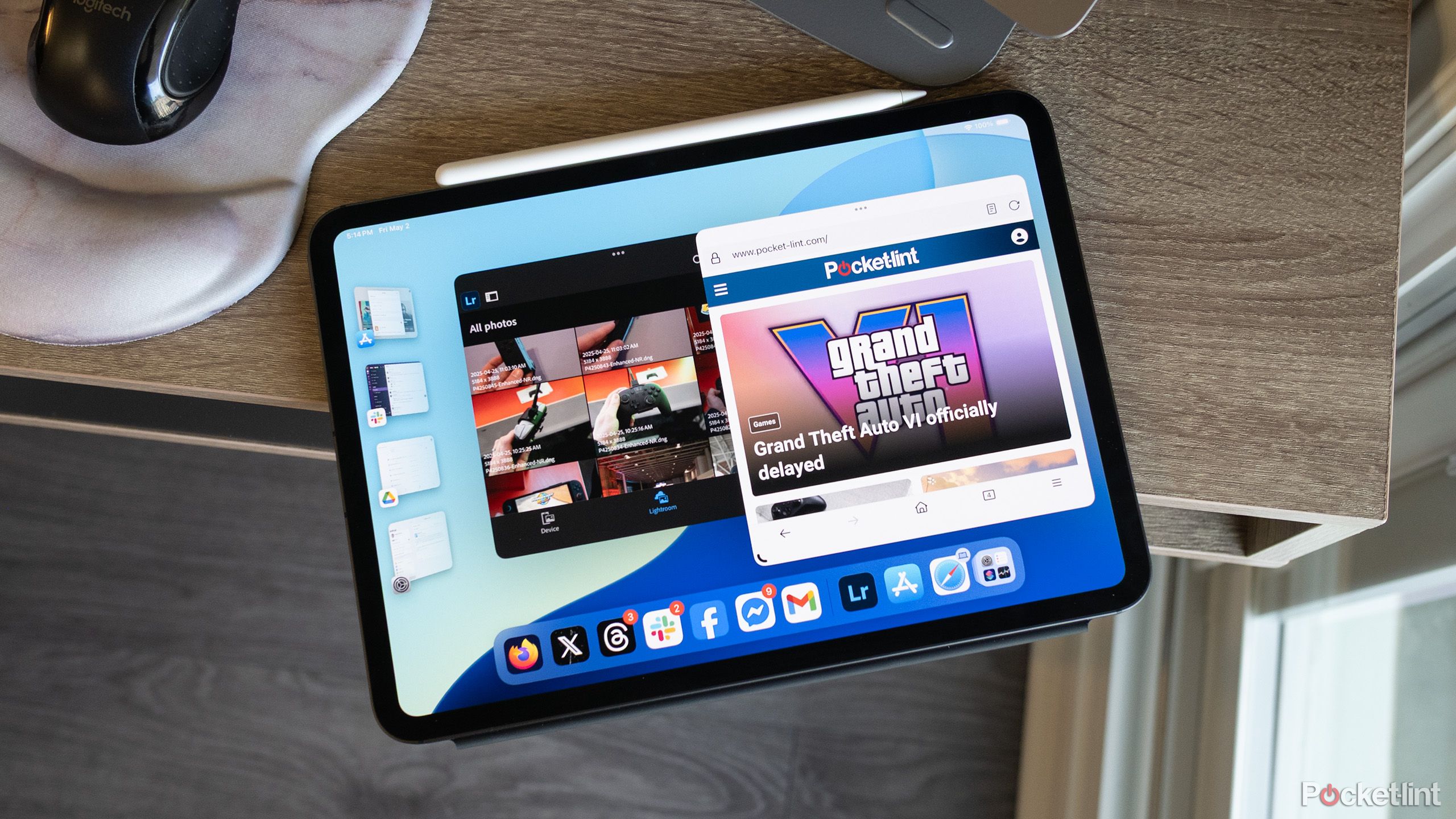
Related
Stage Manager may be coming to the iPhone, and that’s a really big deal
It could be the first step towards making the iPhone a do-it-all device.
What about the App Store Freedom Act?
A long shot, but with some important backers
Epic Games
As it’s set out, the ASFA bill would require companies with over 100 million users to not only allow third-party app stores, but enable customers to set third-party apps or stores as defaults. It would also block platform holders from locking developers into a single payment system, or imposing pricing parity requirements — that is, preventing developers from setting a better price outside a platform’s native store. That’s something that got Apple into trouble with ebooks.
Cammack is a relative unknown outside of Florida, but her bill does have support from important parties. One of these is the Coalition for App Fairness, an organization with members including Epic, Deezer, and Spotify. Epic and Spotify are well-known opponents of Apple and Google’s exclusivity policies — Epic, in particular, is responsible for much of the current legal action, being upset about having to split millions of dollars in revenue. The company only recently resubmitted Fortnite to Apple’s US App Store, having lost access to local iPhones (and iPads) several years ago over the issue of outside payment options. For obvious reasons, it doesn’t have to split any revenue from the Epic Games Store.
Another deadline is also looming — the November 2026 mid-term elections.
It’s hard to say what the bill’s chances are. Cammack is a Republican, which might improve her odds, but app store access is probably a low priority for Congress at the moment, given the Trump administration’s focus on issues like tariffs, immigrants, and undoing equality initiatives. And while many Republicans aren’t huge fans of Apple and Google for various reasons, many politicians in general aren’t familiar with the nuances of the app market. Apple and Google each spend millions of dollars lobbying Congress every year, as OpenSecrets point out.
If the bill is defeated or doesn’t come to a vote, it could be a long time before similar legislation is put forward again — so there is the possibility that antitrust lawsuits could settle the matter first. Another deadline is also looming, however: the November 2026 mid-term elections. If Republicans lose their control of the House and Senate, Democrats could reassert their antitrust priorities, whether through bills, the Department of Justice, or the Consumer Financial Protection Bureau. Assuming it’s still around by that point. Like the tech industry, the US political landscape is still very much in flux.

